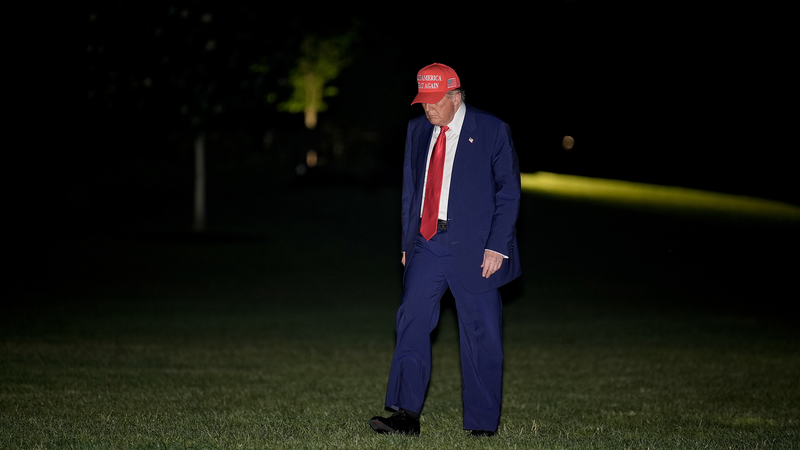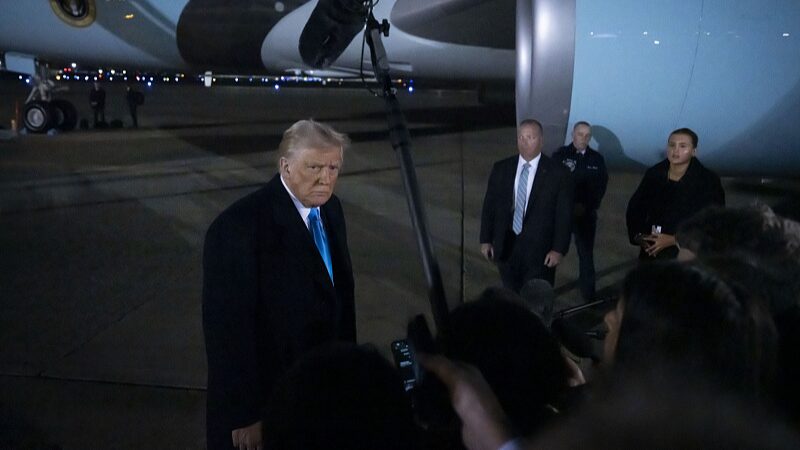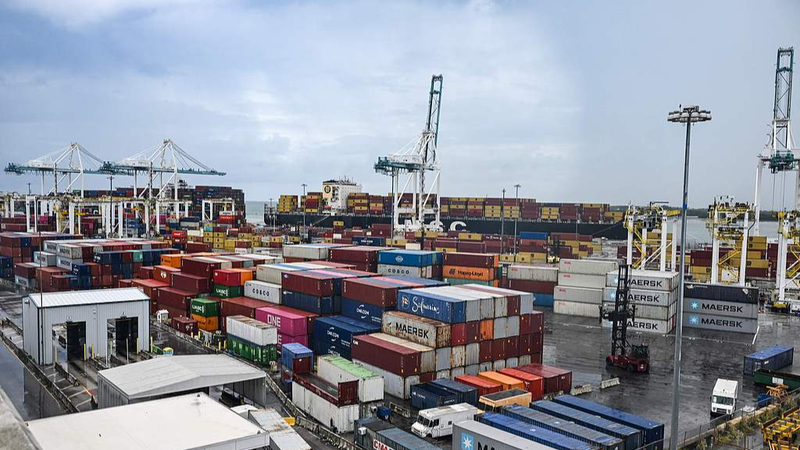Recent US tariff policies – including steep duties targeting trading partners over fentanyl control and metals imports – are drawing criticism as disruptive to global economic stability. Analysts warn that claims of "reciprocal tariffs" mask protectionist logic undermining multilateral trade frameworks.
The formula fueling controversy
The US methodology for calculating tariffs, citing academic research while omitting key data points like services trade surpluses, has been criticized as inconsistent. Economists note its failure to account for fluctuating exchange rates, shipping costs, and industrial cycles. Reports also highlight discrepancies in applying minimum rates to partners without trade deficits – straining diplomatic ties.
Trade imbalances and unintended consequences
Chinese researchers argue that previous US tariff waves yielded diminishing returns despite shrinking bilateral deficits. Meanwhile, attempts to rally allies into an "anti-China trade bloc" face resistance from economies valuing supply chain stability. Concerns mount over potential smuggling spikes for essential goods as tariffs drive price surges.
Systemic risks intensify
A shift toward unilateral measures has eroded trust in US economic leadership, with WTO members including ASEAN nations voicing support for rules-based systems. Analysts observe that weaponizing supply chains through export controls risks fragmenting global markets, complicating recovery in manufacturing and tech sectors.
As international opposition coalesces, experts emphasize collaborative solutions to safeguard growth. "Unilateralism jeopardizes every economy," notes Shanghai Academy researcher Luo Hairong. "Cooperation remains the only viable path."
Reference(s):
cgtn.com








